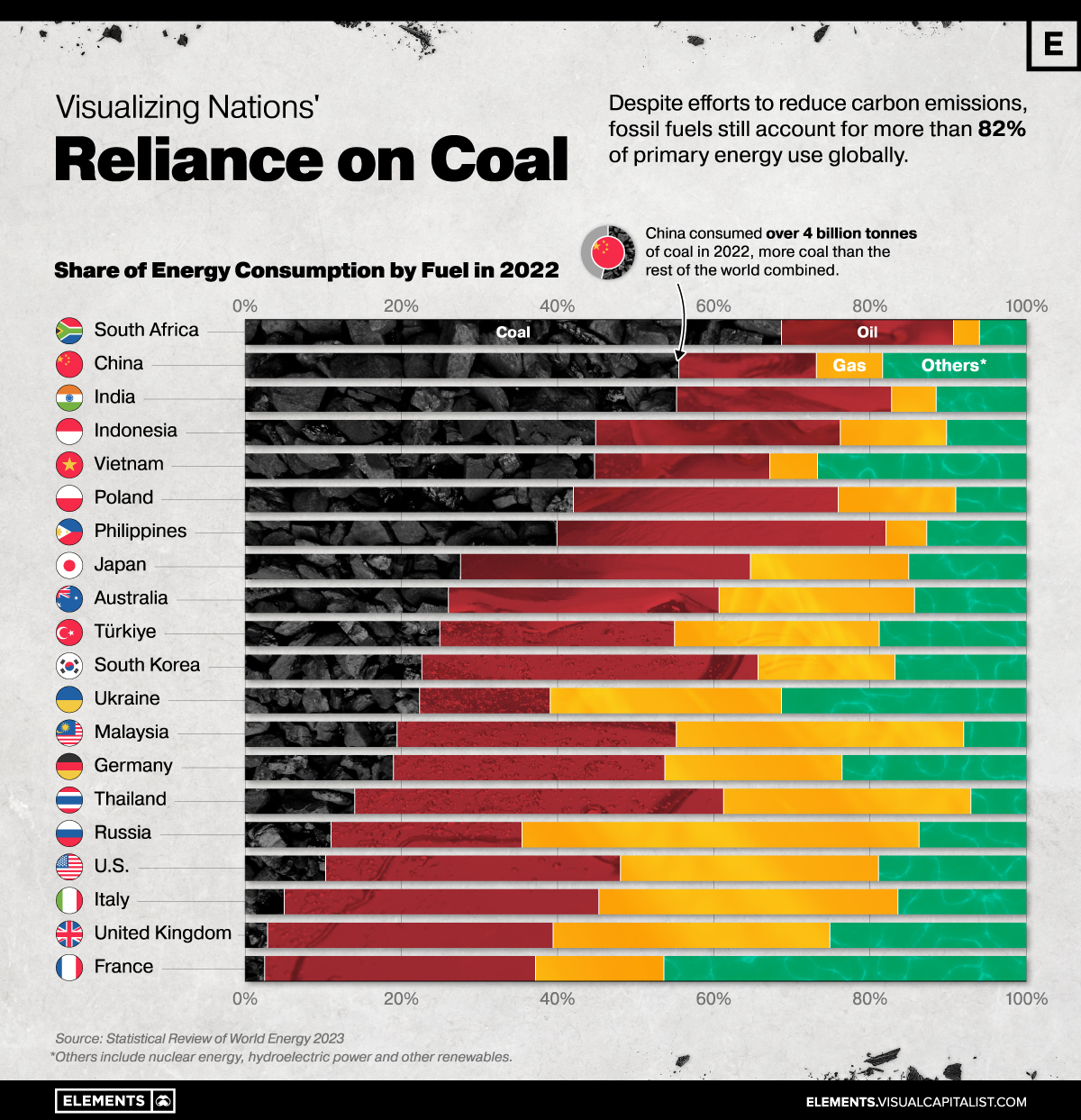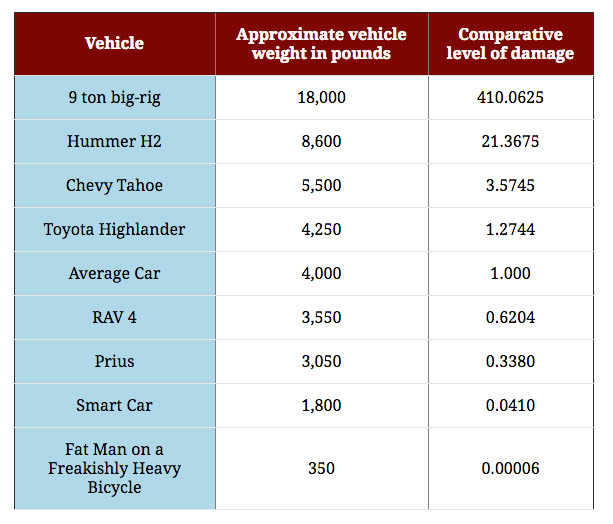thebeave
Veteran Member
Not if we embrace nuclear fission.We will pay for climate change one way or the other. Either in prevention, disaster relief or adaptation. The years of guzzling cheap energy are over.
The only reason not to is that Jane Fonda and her neo-luddite friends back in the 1970s decided to scare the pants off everyone with a bunch of ludicrous and unfounded scaremongering.
FFS.
This is the reason we can't have nice things.
It certainly was about people who lie. It was the 1970s version of today's vaccine denial. Science and technology are bad, m'kay?
By now, fossil fuels could be a footnote in history. Cars could run on synthetic gasoline made at nuclear power plants; Or on electricity, generated by ... well, you know the answer.
Climate change would be like the Y2K bug - a disaster that was predicted, prepared for, and as a result, averted.
Fossil fuels would be left in the ground, or used solely for lubricants, chemical feedstocks, and plastics, in which roles they don't contribute significantly to atmospheric carbon dioxide levels.
But Jane Fonda said it was too scary. It probably doesn't matter whether she was hopelessly wrong, or just lying.
You nailed it on the head. I was just thinking about Jane Fonda the other day, regarding her anti-nuclear activism in the '70's and her new climate activism in the '20's. I wonder if she even has enough self awareness to realize that there are few people more responsible for the mess we are in now than herself. Fucking hypocrit and a moron to boot. Why anyone would act on the opinions of Hollywood actors is beyond me.




